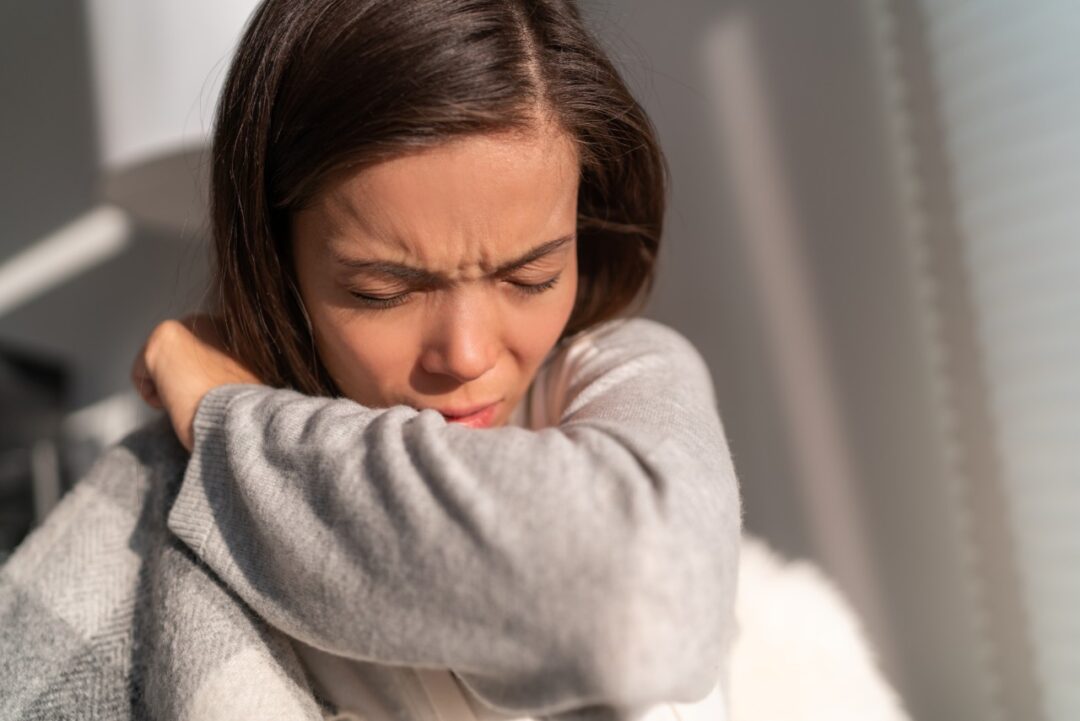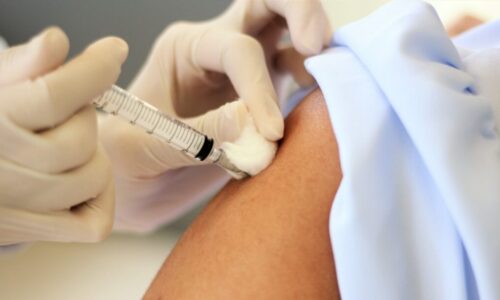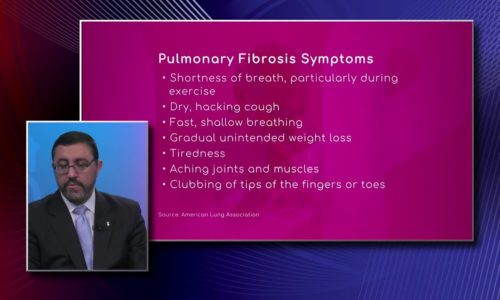Why do we sneeze? |

There is a wealth of medical mythology attached to sneezing. One legend has it that when sneezing, the heart stops beating and the phrase “bless you” is meant to encourage the heart to resume beating. Other sources say that offering a blessing after sneezing came in the 14th century during the bubonic plague epidemic. At that time, sneezing was considered to be an early sign that someone had contracted the disease. The blessing “God bless you!” offered after sneezing was offered to prevent impending death due to the lethal disease.
The physiologic reality is that sneezing is your body’s way of removing an irritant from your nose. During a sneeze, air is expelled forcefully from the mouth and nose in an explosive manner, hopefully removing the irritant in the process. Sneezing can be very bothersome, but is generally not a sign of a serious problem. The most common causes for sneezing include:
- Allergies to pollen, mold, or dander, often part of the “hay fever” constellation of symptoms
- Viral infections of the upper respiratory tract, including the common cold
- Nasal irritants such as dust, powders, or snuff
- Use of intranasal medications, such as corticosteroids
- Exposure to bright light, known as “photic sneezing”, an inherited trait affecting up to a third of all people
Self-care for sneezing due to allergies
In most cases, sneezing occurs infrequently and does not require treatment. Should sneezing become more frequent, particularly if associated with an underlying problem such as allergic rhinitis, help is available. For allergic rhinitis, the first step in preventing and relieving symptoms is to avoid the allergens. Tips for reducing your exposure to allergens are:
- In the winter, when indoor allergies caused by dust mites and pet dander emerge, wash bedding weekly in hot water and dry using a high heat setting.
- Use an air filtration device to reduce pollen in the air. A high-efficiency particulate air (HEPA) filter is particularly effective.
- Change furnace filters regularly.
- Keep windows shut during grass allergy season (usually begin in May or June and lasts most of the summer).
- During ragweed season, avoid outdoor activities when ragweed counts are highest, between 5 a.m. and 10 a.m.
- If you are plagued by tree pollen allergies — which typically begin in late February or early March and continue through May — change your clothes and wash your hair after spending time outdoors.
If avoidance of allergens is not feasible or does not adequately control allergic symptoms, taking antihistamines may help. Allergy symptoms are caused by the release of histamine from cells in the nasal mucous membranes. Histamine, acting on the nasal mucous membranes, causes sneezing as well as other allergy-related symptoms, like a runny nose. Some of the antihistamines that are available over-the-counter (OTC) include the “first generation” products, diphenhydramine (Benadryl) and chlorpheniramine (Chlor-Trimeton). Newer “second generation” products such as loratadine (Claritin) or cetirizine (Zyrtec) have the advantage of fewer typical antihistamine side effects, such as sedation.
OTC nasal sprays are also available for allergy symptoms. Like antihistamines, cromolyn sodium nasal spray (NasalCrom) prevents the release of histamine and helps with nasal symptoms of hay fever. It is most effective when taken before symptoms start and may need to be used several times a day. Corticosteroid nasal sprays (Nasacort, Flonase, others) are highly effective at reducing inflammation and swelling in the nasal passages to improve breathing and reduce allergy symptoms.
Medical evaluation and treatment
When self-care measures and OTC medications are not effective for allergy-related sneezing, a prescription antihistamine spray or steroid nasal spray may be helpful. Astelin and Patanase are examples of antihistamine sprays available by prescription. Beconase AQ and Vancenase AQ are the trade names for two of the “stronger” corticosteroid nasal sprays available only by prescription. With chronic or persistent symptoms, consideration could be given to allergy testing to determine which allergens are responsible for causing symptoms. Allergy testing usually involves skin testing or blood tests (RAST). Pinpointing the specific allergen can lead to more effective avoidance measures or to desensitization with “allergy shots”.
Back to sneezing mythology, sneezing does not cause the heart to stop, and as some people think, your eyeballs won’t pop out if you sneeze with your eyes open.
If you have any more questions just Ask Hanna, our health advisors are here to help.
Image: ©Shutterstock / Maridav








